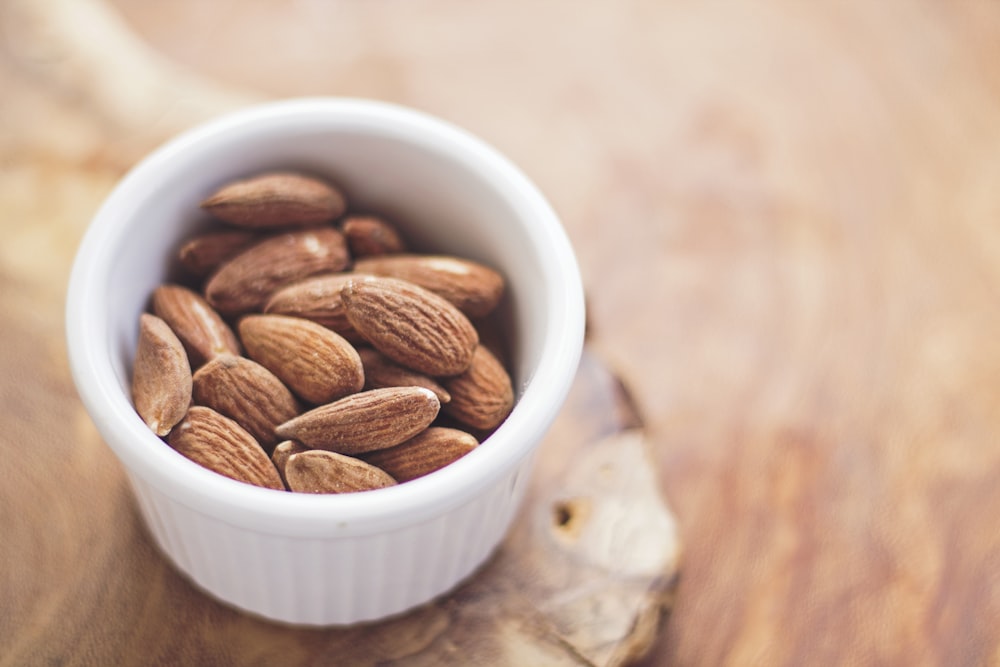
Boost Brain Power Essential Tips for Cognitive Function
Understanding Cognitive Brain Function: An Introduction
The human brain is a complex organ that governs our thoughts, emotions, and behaviors. Cognitive brain function refers to the mental processes involved in learning, memory, attention, perception, and decision-making. Understanding how these processes work is essential for optimizing brain health and enhancing cognitive performance.
The Importance of Brain Health
Maintaining optimal brain health is crucial for overall well-being and quality of life. Just as we engage in physical exercise to keep our bodies fit, it’s equally important to exercise our minds to keep them sharp and agile. A healthy brain not only improves cognitive function but also reduces the risk of cognitive decline and neurodegenerative diseases such as Alzheimer’s.
Factors Affecting Cognitive Function
Several factors can influence cognitive function, including genetics, lifestyle, environment, and age. While some factors like genetics are beyond our control, we can modify lifestyle factors such as diet, exercise, sleep, and mental stimulation to optimize brain health. Making positive lifestyle choices can have a significant impact on cognitive function and overall brain health.
Nutrition and Brain Function
Proper nutrition plays a vital role in supporting brain health and function. Certain nutrients, such as omega-3 fatty acids, antioxidants, vitamins, and minerals, are essential for brain health. Incorporating a balanced diet rich in fruits, vegetables, whole grains, lean proteins, and healthy fats can provide the nutrients needed to support optimal cognitive function.
Exercise and Cognitive Performance
Regular physical exercise not only benefits the body but also the brain. Exercise increases blood flow to the brain, promotes the growth of new brain cells, and enhances synaptic plasticity, the brain’s ability to form new connections. Aerobic exercise, strength training, and activities that require coordination and balance have been shown to improve cognitive function and reduce the risk of cognitive decline.
Sleep and Cognitive Health
Quality sleep is essential for cognitive function and overall brain health. During sleep, the brain consolidates memories, removes toxins, and rejuvenates neural pathways. Chronic sleep deprivation can impair cognitive function, memory, and decision-making abilities. Establishing a regular sleep schedule and practicing good sleep hygiene can help improve cognitive performance and brain health.
Mental Stimulation and Cognitive Function
Engaging in mentally stimulating activities is another key component of maintaining cognitive function. Activities such as reading, puzzles, learning new skills, and socializing stimulate the brain and promote neural plasticity. Continuously challenging the brain with new tasks and experiences can help preserve cognitive function and reduce the risk of cognitive decline as we age.
Stress Management and Brain Health
Chronic stress can have detrimental effects on brain health and cognitive function. Prolonged stress can lead to inflammation, oxidative stress, and changes in brain structure and function. Developing effective stress management techniques such as mindfulness, meditation, deep breathing exercises, and relaxation techniques can help reduce stress levels and protect brain health.
Social Connection and Cognitive Well-being
Maintaining strong social connections is important for cognitive well-being. Social interaction stimulates the brain, enhances mood, and provides emotional support. Engaging in meaningful conversations, participating in group activities, and spending time with loved ones can help improve cognitive function and overall brain health.
Conclusion
Understanding cognitive brain function and implementing strategies to optimize brain health is essential for leading a fulfilling and productive life. By prioritizing nutrition, exercise, sleep, mental stimulation, stress management, and social connection, we can support cognitive function, reduce the risk of cognitive decline, and promote lifelong brain health. Read more about cognitive brain function









